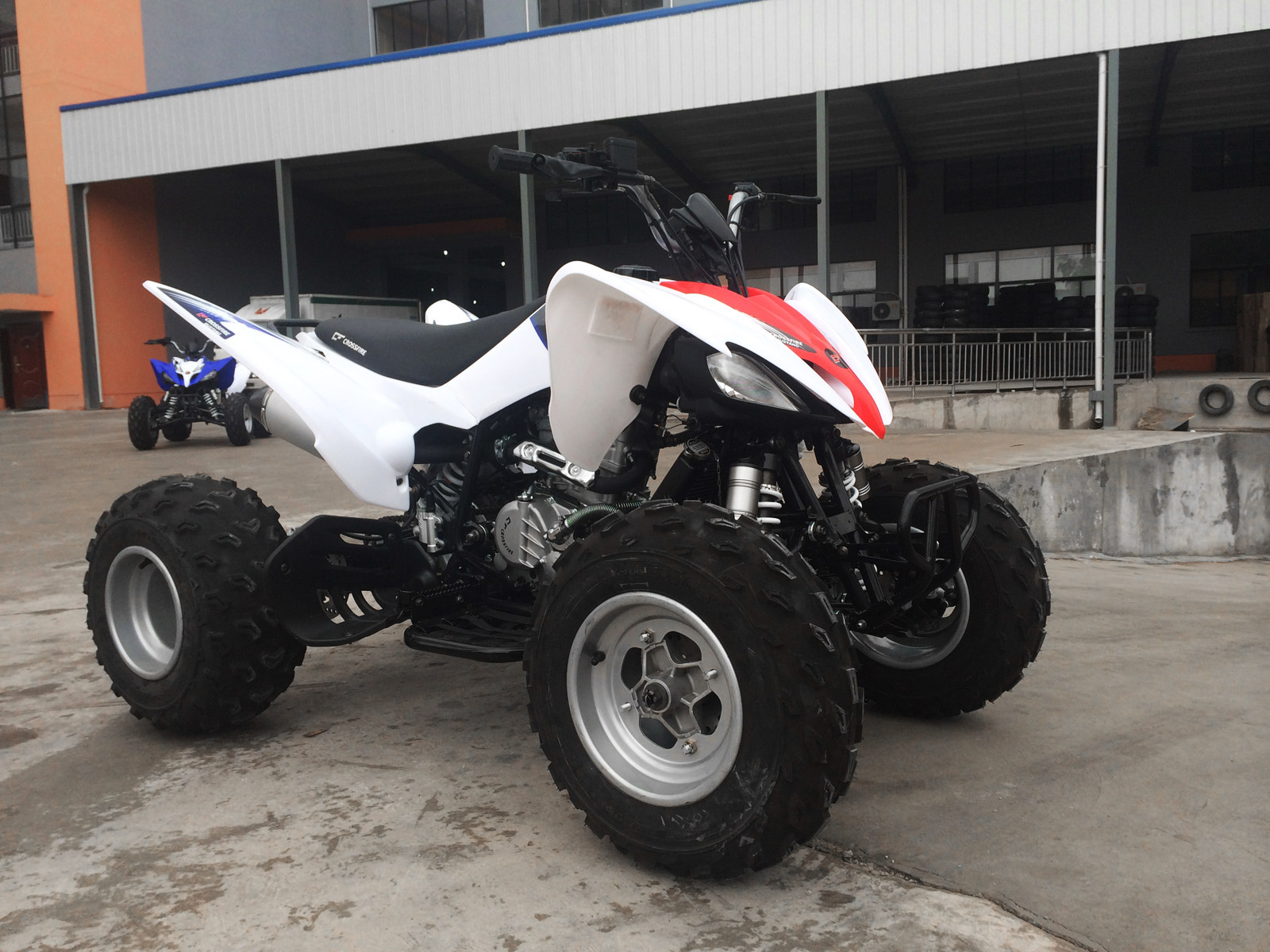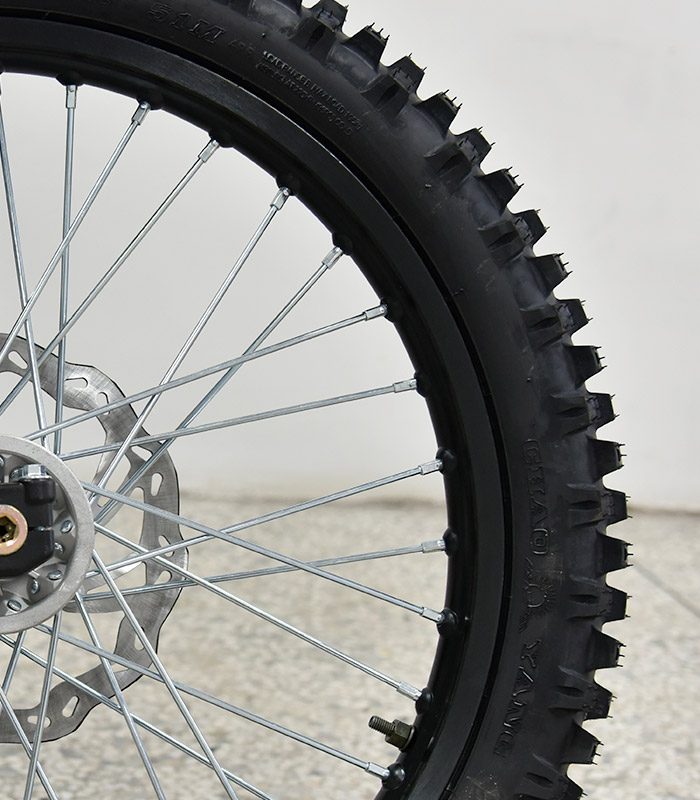Crossfire Motorcycles
At Crossfire we take our environmental responsibilities seriously.
The Crossfire Environmental Management Plan (EMP) focuses on 4 key environmental and sustainability issues that are considered to be both important and create value.
Since 2008

Waste management
We aim to recycle and reuse 90% of all materials used. Here are some of the areas we have made a big difference in this area.
Paper
Crossfire only chooses paper that comes from recycled or renewable plantation sources. Our paper waste is recycled by VISY and turned into packaging material to ensure our footprint is reduced to a minimum.
Cardboard / cartons
As all inbound stock bikes, quads and parts are packed in cardboard we have two ways to continue their journey.
Firstly, inbound boxes are reused for outbound parts. As a result, we don’t need to purchase any additional boxes for our outbound requirements and repurpose almost 100% of all boxes received unless damaged beyond use.
Secondly, the packaging cardboard from our bikes is recycled with VISY to further continue the recycling process. Again this minimises the carbon footprint we leave behind.
We are committed to separating as much of this product from any waste and deposit it into special onsite bins provided. The bins are clearly labelled as to what material is to be deposited and the staff are trained as to their correct use.
Clear Pallet wrapping
Pallet wrapping is a recyclable product and is again handled by our partner VISY who recycle it and turn it into other plastic products.
Metal
Metal is a precious commodity and is the easiest of all our products to recycle and/or re use. All the metal crates that are used for packaging of our vehicles are 100% recycled. We have many partners in this and do not charge for this commodity rather encourage the 100% reuse of all metal products.
Our by-products are reused and recycled in Australia and continue on to become other products. The most important thing is our bikes are made mostly from alloys, aluminum and other materials such as plastics which we hope at the end of their life cycle are turned into other exciting products.
Water management
Although we are not a large consumer of water, water conservation is an important part of our staff training to ensure we’re all doing our bit. Our aim is to minimise water use, particularly when it comes to washing motorcycles, considering where and how they are washed, and looking for non-water cleaning alternatives. We also look at other ways to conserve water, and as a tenant, advocate for water saving hardware and equipment in our premises where possible.
Electricity management
At Crossfire, we conducted an audit to identify our main areas of electricity usage and looked for opportunities to reduce energy consumption. Not only is it important for our financial viability, and helps us to keep product prices down, we are acutely aware of the necessity of the business community as a whole to contribute to the effort. One of the ways we have improved power consumption is by the installation of outdoor lighting sensors and dusk sensors.
Technology
At Crossfire, we are continually seeking to find new technologies and innovations that can help us improve our processes and therefore reduce waste and energy in all areas of our business.

Our Reach
Get In ContactCrossfire will give you the power and endurance to last the distance
Motorbikes, ATVs, UTVs, Side by Sides, Quads, Go-Karts, Off-Road Buggies, Farm Vehicles.
